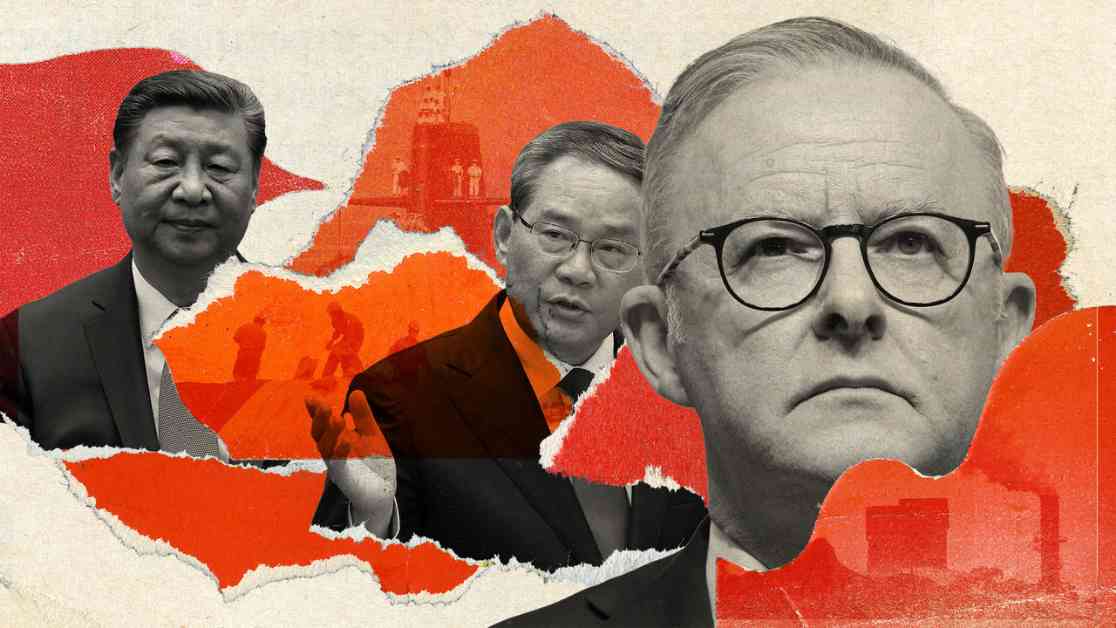China’s Li Qiang is making efforts to repair the strained relationship with Australia, as he visits the country for the first time in seven years. Australian Prime Minister Anthony Albanese expressed his government’s support for the panda bears that China has loaned to the Adelaide Zoo, highlighting a shift in the previously tense relations between the two nations. Li Qiang’s four-day visit to Australia starting on June 15th aims to demonstrate that positive and friendly relations can exist between China and even one of America’s closest allies.
The visit comes at a time when foreign judges in Hong Kong are growing frustrated with the political environment in the region, adding a layer of complexity to China’s diplomatic efforts. Despite these challenges, Li Qiang’s focus on fostering better ties with Australia signals a potential thaw in the frosty relationship that has persisted for years.
In addition to the diplomatic discussions, China’s growing interest in durians and the controversial practice of taking young Tibetans from their families have also captured attention. These issues shed light on the diverse range of topics that are intertwined with China’s international relations and domestic policies.
Li Qiang’s visit to Australia represents a strategic move by China to mend fences with countries that have been at odds with its policies in the past. By emphasizing the shared interest in conservation efforts, such as the loan of panda bears to Australian zoos, China is showcasing a softer and more cooperative approach to diplomacy.
As the world watches the interactions between China and Australia unfold during Li Qiang’s visit, it remains to be seen whether this diplomatic charm offensive will lead to lasting improvements in the bilateral relationship. The complexities of geopolitics and regional dynamics continue to shape the interactions between nations, making each diplomatic gesture and statement significant in the broader context of international relations.
Overall, Li Qiang’s visit to Australia symbolizes a potential turning point in the relationship between the two countries, offering hope for increased cooperation and understanding in the future. The spotlight on panda diplomacy and other cultural exchanges serves as a reminder of the power of soft diplomacy in building bridges between nations, even amidst political tensions and disagreements.



























